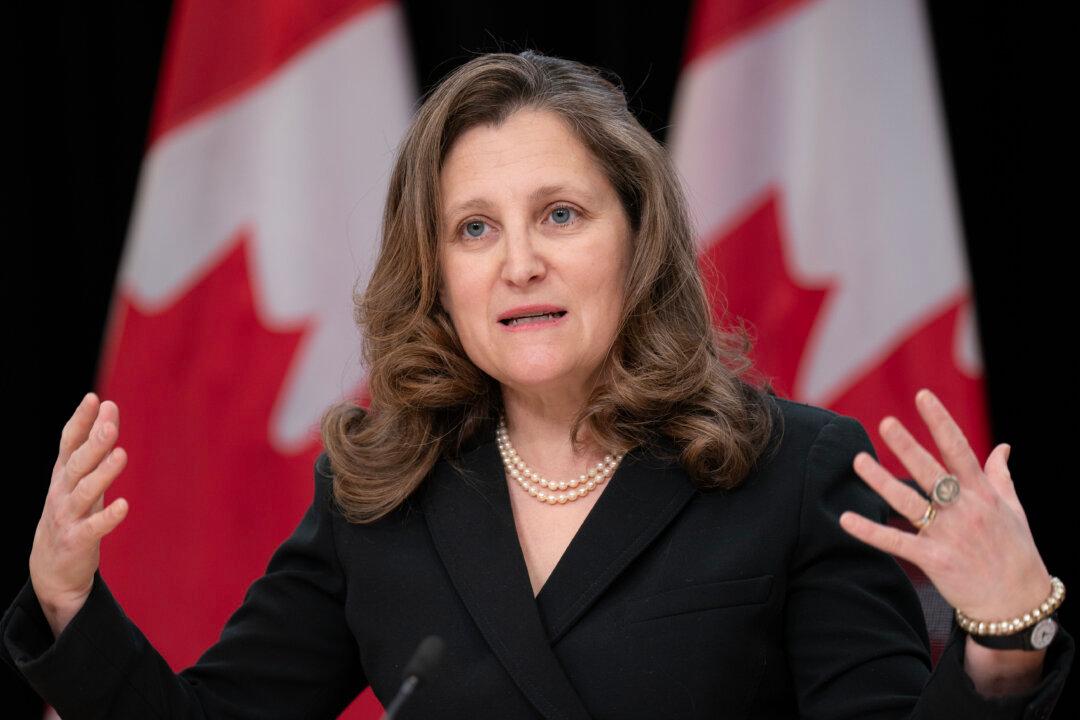In a bid to “unlock new housing supply,” Ottawa is including a program in Budget 2024 that allows homeowners to access up to $40,000 in low-interest loans to add a secondary suite to their homes.
Dubbed the Canada Secondary Suite Loan Program, the initiative will be administered by the Canada Mortgage and Housing Corporation, the federal government announced April 14.





